Jeff takes over.
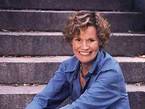
Today, we hardly recognize those fears – because we, as young adult enthusiasts have seen an explosion of books for adolescents that are filled with controversial topics – on possibly every conceivable topic. Indeed, adolescents and teachers can probably find a young adult book to address nearly every concern that teenagers (and adults) have when confronting the dilemma of the human condition.
Yet, young adult literature – controversial and non-controversial – does not exist in a vacuum. As you know, parents, educators, and concerned citizens alike are aware of the vast array of interest groups that are aligned and poised to ‘warn and prevent’ teenagers – and sometimes, adults – from reading material that they deem unsuitable for adolescent minds. And we, as educators – and just plain ‘book lovers’ must always confront such parties – wisely, carefully, and constructively – on how important it is, that in a free society, no matter how much we might disagree with the content of a book (or a play, or a movie, or a work of art), we – old and young alike – should enjoy the freedom to make our own choices about what we read and see.
That is the price of living in a democracy.
As the recent Chair (2015-17) of the National Council Teachers of English Standing Committee Against Censorship, I had the distinct pleasure of working with a group of dedicated individuals who were committed to making sure that adolescents were able to read books and materials – in school – of their own choosing. source
I also learned of the vast array of support groups that are dedicated to helping others with issues of censorship - no matter how small and obscure they might appear to be – for these special groups know, that it is often, the little concerns – concerns that often go unnoticed or overlooked – are the ones that matter in the fight to preserve and defend intellectual freedom.
The fight for intellectual freedom is not a fight that should be fought alone. When confronted with an issue of censorship – or just longing, to help this most worthwhile and noteworthy cause, - educators of all stripes should be aware of these vital advocacy groups.
As an NCTE committee, the NCTE Standing Committee Against Censorship serves as a resource for dealing with issues of censorship – and particularly, for teachers who face ‘book challenges’ in their respective schools. Not only does this committee discuss issues of censorship that arise around the country, they also promote policies for literature adoption, develop rationales for teaching controversial texts, and house the Intellectual Freedom Center, a central location dedicated to offering advice, documents, and support to teachers facing challenges in their classroom.
The National Coalition Against Censorship has multiple purposes, but, primarily to assist students, teachers, librarians, parents and others opposing censorship in schools and libraries. One of the best websites for current information on issues of censorship and restriction of free speech – this organization is dedicated to the proposition that upholding the rights embodied in the First Amendment of the United States Constitution must be preserved and defended judiciously, fairly, and publically. Formed originally in 1973 – in response to the Supreme Court decision (Miller vs California) to narrow the First Amendment protections for sexual expression – this organization has one of the best list of resources to help advocates of free speech in every walk of life.
The International Literacy Association (formerly the International Reading Association) is a global advocacy organization of more than 300,000 literacy educators, researchers and experts across 78 countries, dedicated to empowering educators, inspire students, and encourage leaders with the resources they need to make literacy accessible to all. On their website, you can find a host of resources dealing with censorship issues – including a list of banned books; procedures to follow when books are challenged, and interviews with prominent young adult and children authors whose books have been censored. More sources.
Founded on October 6, 1876 during the Centennial Exposition in Philadelphia, PA, the mission of the American Library Association is “to provide leadership for the development, promotion and improvement and library and information services and the professional of librarianship in order to enhance learning and to ensure access to information for all.” Housed on the ALA Office of Intellectual Freedom website are a host of informative resources on issues related to the defense of the First Amendment and censorship of children and adolescent reading. More sources.
The Freedom to Read Foundation (FTRF) is a non-profit legal and education organization, affiliated with the American Library Association, dedicated to protecting and defending the First Amendment to the US Constitution and supporting the right of libraries to collect – and individuals to access information. Incorporated in November, 1969, the Foundation’s work is divided into three primary areas –
- Allocation and disbursement of grants to individuals and groups for aiding in litigation in issues involving censorship and/or access of information
- Direct participation in litigation dealing with freedom of speech and of the press.
- Education about the significance of libraries and the First Amendment.
The Banned Books Week Coalition is a national alliance of diverse organizations, bound by their commitment to increase understanding and awareness of the ‘universal right to read.’ The Coalition is committed to engaging varied literacy communities and inspiring participation in the annual Banned Books Week through social advocacy programming about the problem of book censorship. Launched in 1982, the Coalition continues to sponsor a host of programs designed to highlight the First Amendment and to list the most current and controversial banned books in the United States.
The Comic Book Legal Defense Fund (CBLDF) is a non-profit organization dedicated to protecting the First Amendment rights of those individuals who work in the comics medium industry. Since 1986, the CBLDF has paid for the legal defense of individuals whose Frist Amendment rights were threatened for making, selling and even reading comic books. The CBLDF also assists libraries in challenges to comics and graphic novels by securing letters of support, and access to resources to defend and promote graphic novels when they are under challenge by censors.
People for the American Way was founded in 1981 by legendary television and film producer Norman Lear, the late Congresswoman Barbara Jordan, and a group of business, civic, religious and civil rights leaders who were troubled by the divisive and angry rhetoric of newly minted and politicized televangelists. Dedicated to the promise of America’s freedoms – most notably, freedom of speech and freedom of religion – this organization promotes political causes dedicated to improving the lives of all. This website has an extensive collection of resources involving books that have been and/or are under current attack for troubling language, content and information.
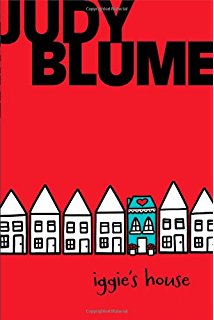
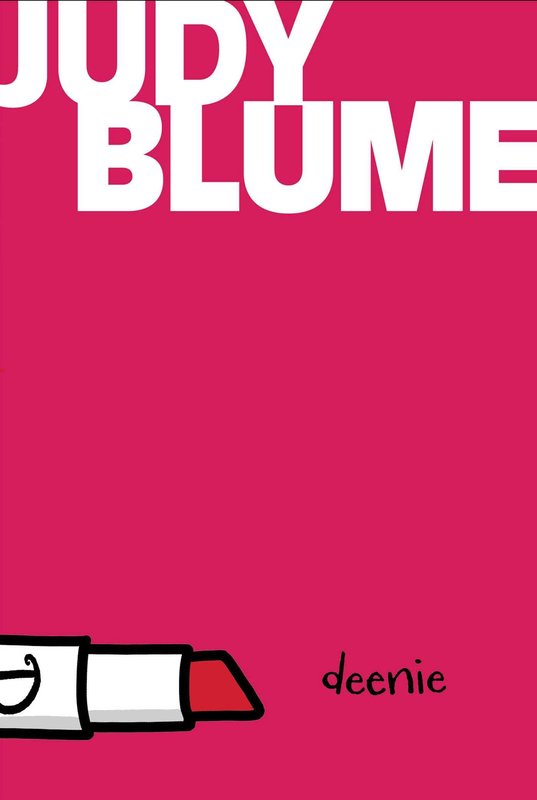
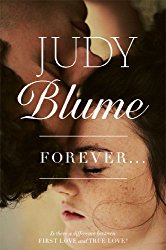
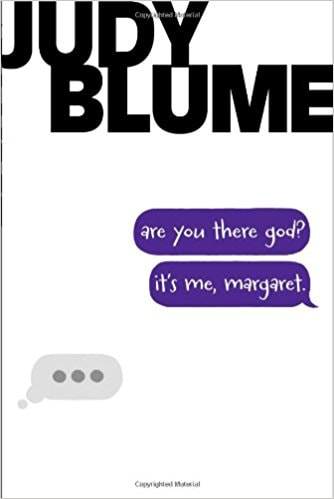

 RSS Feed
RSS Feed